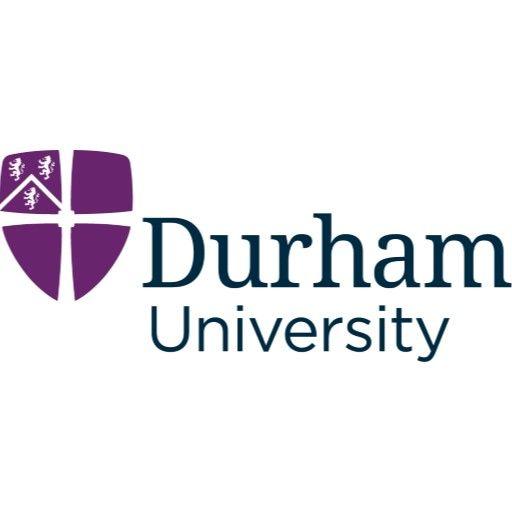
MA in Socio-Cultural Anthropology
Durham University, Durham - UK


Durham University, Durham - UK

MA in Socio-Cultural Anthropology
Durham University, Durham - UK
Degree
Postgraduate
Duration
12
Course Type
With Co-op
Co-op education gives you real-world experience in a job related to your studies.
INR
30.09L
USD 35395
1st Year Tuition Fees
Opening Soon
Opening Soon